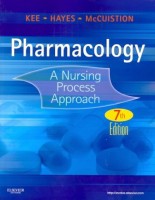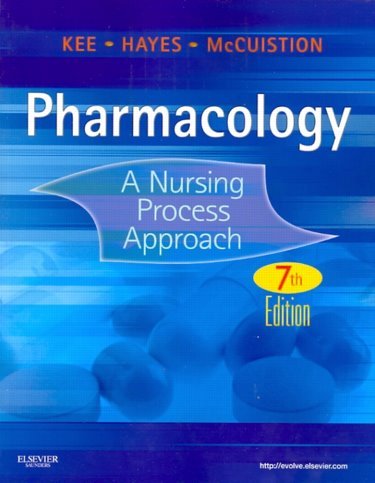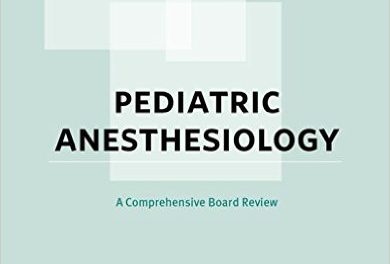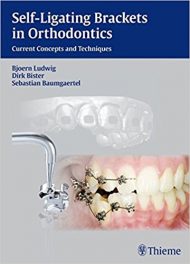 Editors and Authors: Joyce Lefever Kee, Evelyn R. Hayes, Linda E. McCuistion, and Nancy Haugen
Editors and Authors: Joyce Lefever Kee, Evelyn R. Hayes, Linda E. McCuistion, and Nancy Haugen
Publisher: Elsevier Saunders – 978 pages
Book Review by: Nano Khilnani
Go to your Student Resources by visiting: http://evolve.elsevier,com/KeeHayes/pharmacology to access the following:
Audio Key Points – Key points for every chapter are available as audio files and in print so you can review them anywhere.
Review questions for the NCLEX Examination – Review questions for every chapter include NCLEX alternate-item formats.
Case Studies – Twenty case studies with answer guidelines test your ability to think critically.
Frequently Asked Questions – Find answers to frequently-asked questions and submit questions of your own.
Color Pill Atlas – A fully updated Color Pill Atlas helps you to recognize and distinguished among key drugs.
Additional Reference Material – Find information on FDA-approved, recalled and high-risk drugs; online resources for smoking cessation; caffeine content in beverages; selected sugar-free and alcohol-free products; and more!
This large textbook of 978 pages accompanied by a study guide of 325 pages is the work of the four authors and editors named above, plus 19 contributors and 23 reviewers, all of whom are either educators or practitioners in the field of nursing, and sometimes, both.
The coverage of material within the main subject – principles of pharmacology in nursing practice – is extensive, to say the least. The material is presented in 59 chapters organized around 19 units. Besides the resources we have described above that you will find online, here’s an overview of what you will find in this book:
• A nurse’s perspective of pharmacology
• Medications and calculations
• Contemporary issues in pharmacology
• Nutrition and electrolytes
• Autonomic nervous system agents
• Neurologic and neuromuscular agents
• Anti-inflammatory and pain management systems
• Psychiatric agents
• Antibacterial agents
• Anti-infective agents
• Immunologic agents
• Anti-neoplastic agents
• Respiratory agents
• Cardiovascular agents
• Gastrointestinal agents
• Eye, ear, and skin agents
• Endocrine agents
• Reproductive and gender-related agents
• Emergency agents
Organization of material in chapters is, we believe, one of the keys to effective learning. In this book, it is superb.
A view of the organizational system as demonstrated in the first chapter confirms our opinion.
First, a list of resources available on the Evolve website – relevant to the subject of the first chapter – is presented.
Second, the Objectives of the chapter are declared. The title of Chapter 1 is Drug Action: Pharmaceutic, Pharmacokinetic, and Pharmacodynamic Phases.
Third, the Outline of the material presented in that chapter is given, with Key Terms to be learned in the chapter, the three phases of drug action as stated in the chapter title, a Summary, Key Websites, a Critical Thinking Case Study, and NCLEX Study Questions
Fourth, the Key Terms to be learned in this chapter are listed alphabetically.
The material for this first chapter is presented in step-by-step fashion, with discussions of each of the three phases: the pharmaceutic phase, the pharmacokinetic phase, and finally, the pharmacodynamic phase.
Along the way, subtopics are discussed and a lot of graphics are presented that promote understanding of the material. Multicolor boxes, charts, labels of drugs on the containers, photos, sketches, and tables are used to enhance learning of the material.
The authors and editors of the Study Guide accompanying this textbook are the three professors named above, plus Nancy Haugen.
The Study Guide presents case studies of clinically-based practice problems, and hundreds of review questions that you will encounter in the NCLEX examination. Here, you are given opportunities to exercise your critical-thinking and problem-solving abilities that will not only assist you in taking that exam successfully, but also prepare you for your career in nursing.
This textbook and the study guide that accompanies it are, in our opinion, outstanding, and will greatly help the nursing student and practicing nurse, understand the main principles of pharmacology and administration of drugs.
Joyce Lefever Kee, MS, RN, is Associate Professor Emerita in the School of Nursing at the College of Health Sciences in the University of Delaware in Newark, Delaware.
Evelyn R. Hayes, PhD, MPH, FNP-BC, is Professor in the School of Nursing at the College of Health Sciences in the University of Delaware in Newark, Delaware.
Linda E. McCuistion, PhD, RN, ANP, CNS, is Professor at the Richmond Campus of
South University in Glen Allen, Virginia.
Nancy Haugen, PhD, RN, is Associate Professor and ABSN Program Chair at the School of Nursing in Samuel Merritt University in Oakland, California.







